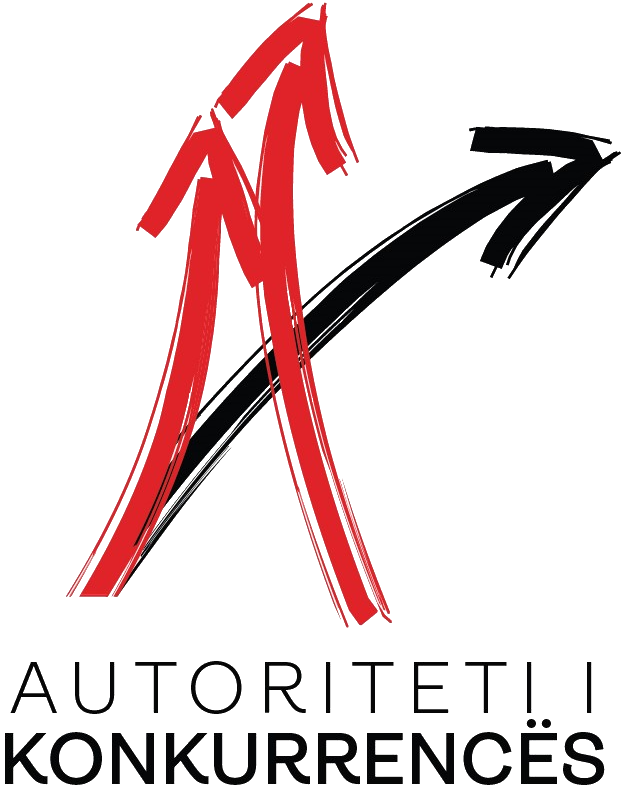What is a dominant position?
Pursuant to Article 3of the law No.9121, dated 28.07.2003 “On Competition Protection”: “Dominant position” is the position of one or more undertakings, which allows them to be able to act as regards to the offer or demand, independently of other market participants, such as competitors, customers or consumers.
How is the dominant position evaluated?
The dominant position of one or more undertakings is assessed taking into account:
a) the relevant market shares of the undertaking or undertakings in question and those of other competitors;
b) barriers to entry in the relevant market;
c) potential competition;
d) the economic and financial capacity of the undertakings;
e) economic dependence of suppliers and buyers;
f) the countervailing power of buyers;
g) the development of the distribution network of the undertaking and the opportunities to use the product resources;
h) economic links with other undertakings;
i) other relevant market characteristics such as: product homogeneity, market transparency, the undertaking’s cost and size uniformity, demand stability or free production capacity.
a) the relevant market shares of the undertaking or undertakings in question and those of other competitors;
b) barriers to entry in the relevant market;
c) potential competition;
d) the economic and financial capacity of the undertakings;
e) economic dependence of suppliers and buyers;
f) the countervailing power of buyers;
g) the development of the distribution network of the undertaking and the opportunities to use the product resources;
h) economic links with other undertakings;
i) other relevant market characteristics such as: product homogeneity, market transparency, the undertaking’s cost and size uniformity, demand stability or free production capacity.
What constitutes abuse of dominant position?
Abuse may include:
a) setting, directly or indirectly, unfair purchase or sale prices or other unfair trading conditions;
b) the restriction of production c) the application of unequal conditions of trade for the same purposes as the parties, placing them at a disadvantage in competition;
d) concluding contracts, provided that the other contracting parties accept additional obligations;
e) setting prices or other conditions, having as their object or effect the prevention or entry into the relevant market of particular competitors or their product;
f) refusal to trade or grant licenses;
g) refusal of entry by another undertaking, against an appropriate reward, into the dominant position of the undertaking’s network or infrastructures, if this refusal of the simultaneous use of the network or infrastructures prevents the other undertaking from acting as a competitor of the undertaking with the dominant position.
a) setting, directly or indirectly, unfair purchase or sale prices or other unfair trading conditions;
b) the restriction of production c) the application of unequal conditions of trade for the same purposes as the parties, placing them at a disadvantage in competition;
d) concluding contracts, provided that the other contracting parties accept additional obligations;
e) setting prices or other conditions, having as their object or effect the prevention or entry into the relevant market of particular competitors or their product;
f) refusal to trade or grant licenses;
g) refusal of entry by another undertaking, against an appropriate reward, into the dominant position of the undertaking’s network or infrastructures, if this refusal of the simultaneous use of the network or infrastructures prevents the other undertaking from acting as a competitor of the undertaking with the dominant position.
Definition of “predatory pricing”
Predatory pricing occurs when one or more firms set prices below the cost of production in order to force competitors out of the market, ensuring high future profits.
Definition of “exclusive agreements”
Exclusive agreements exist where the provider of goods or services requires the contractor to sell only the provider’s goods or services.
Market restrictions
There is a market restriction in cases where the provider of goods or services requires the seller to provide these goods or services only in a particular market.
Definition of “price squeezing”
We have price squeezing in those cases where a vertically integrated dominant firm imposes unreasonable prices on vendors with which the firm can compete through a branch of its company.
The fine that the Commission may impose in cases of abuse of dominant position
Pursuant to article 74 of the law No.9121, dated 28.07.2003 “On Competition Protection”: The Commission may impose a fine on the amount of 2 to 10 percent of the total turnover of the preceding financial year for any participating undertaking which violates Article 9 of the law relating to: Abuse of dominant position in the market.
What can You do?
If you suspect an anti-competitive behavior, contact the Albanian Competition Authority which will investigate this behavior. The law gives the Albanian Competition Authority the power to investigate and act on anti-competitive behavior.
